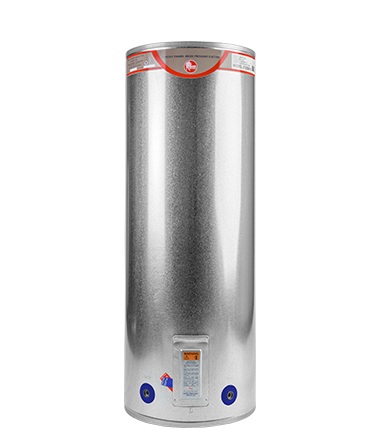Why is My Hot Water Cylinder Making a Noise?
It's not unusual for hot water cylinders to make some noise during normal operation. However, certain noises can indicate problems that require attention.
This guide will help you with understanding the reasons behind why your hot water cylinder is making a noise and how to fix it.
Here are some common causes of noises from your hot water cylinder and what they might signify:
Sediment Buildup
Over time, sediment from your water supply can accumulate at the bottom of the cylinder. As the element heats the water, it can hit this sediment, causing clicking, cracking, or rumbling noises. Flushing the tank yearly helps prevent excessive buildup.
Expansion and Contraction
As water heats and cools, it naturally expands and contracts. You might hear creaking or groaning noises coming from the tank as the metal walls react to these temperature changes. This usually poses no threat unless very loud or frequent.
Element Failure
Do you wonder why is my hot water cylinder making a humming sound? If you hear sizzling, buzzing, or humming coming from the cylinder, the electric heating element could be failing or shorting out. This is where a hot water tank sounds like a kettle. Have a professional inspect and test the element for faults. Leaving a failing element unattended risks fire or shock.
Loose Parts
Various valves, pipes, and fittings connect to the water heater. If any of these components become loose due to corrosion, vibration, or improper installation, they can rattle or knock as water flows through the tank. Tightening any loose parts typically eliminates noise. But if you don’t have any expertise, you need to get the help of a hot water cylinder repairs specialist.
High Water Pressure
Excessive water pressure entering or leaving the cylinder strains many internal parts. This extra stress can lead to unusual noises like banging or high-pitched squealing. Installing a regulator moderates pressure for quieter function.
In rare cases, loud rumbling or roaring resembling a jet engine can signal a dangerous flammable hydrogen gas buildup inside the tank. This warrants immediate professional assistance. Do not attempt to operate electrical switches or test the element yourself under these circumstances.
Hot Water Solutions
3d Taid Place, Rosedale, Auckland 0800497658
https://www.facebook.com/Hot-Water-Solutions-100885308035357/
https://www.instagram.com/pete_hotwatersolutions/?hl=en
https://www.youtube.com/@HotWaterSolutions_NZ




Comments
Post a Comment